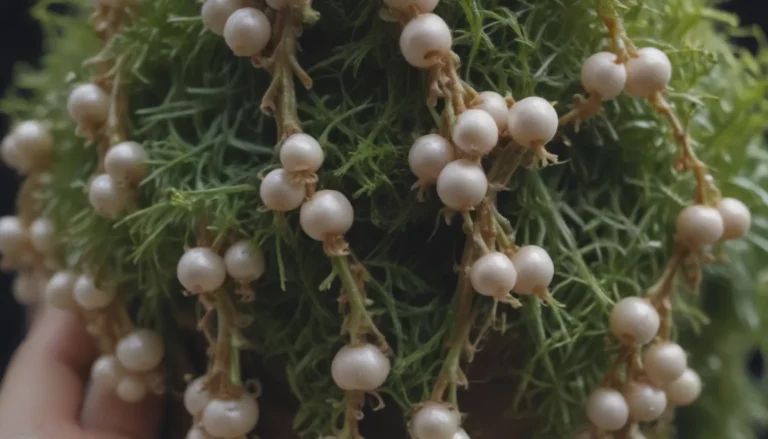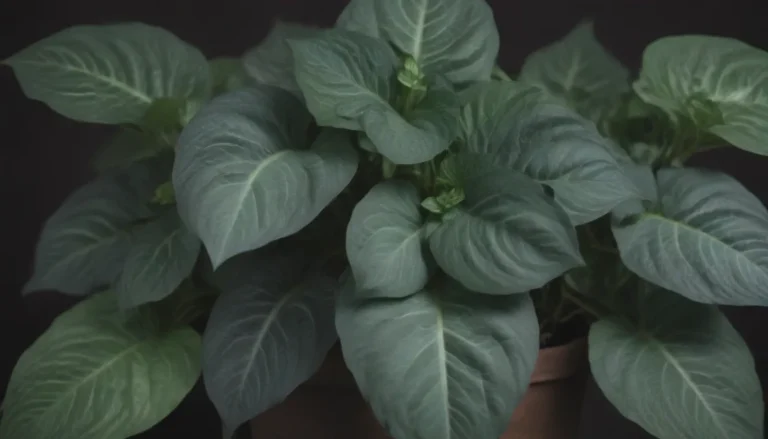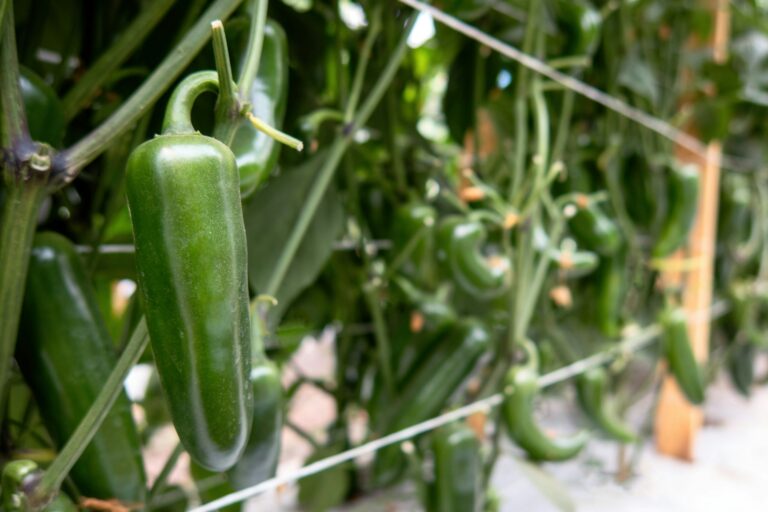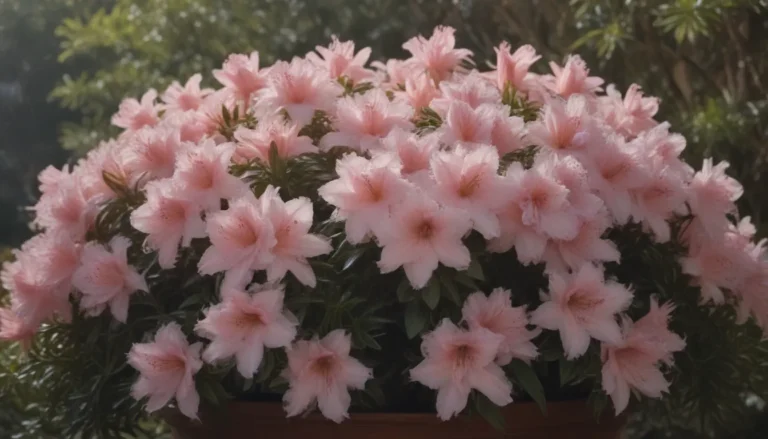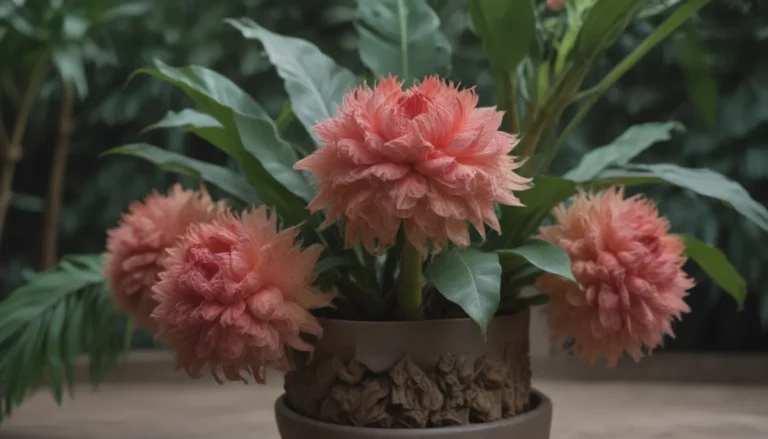Keeping Chipmunks Out of Your Garden: A Comprehensive Guide
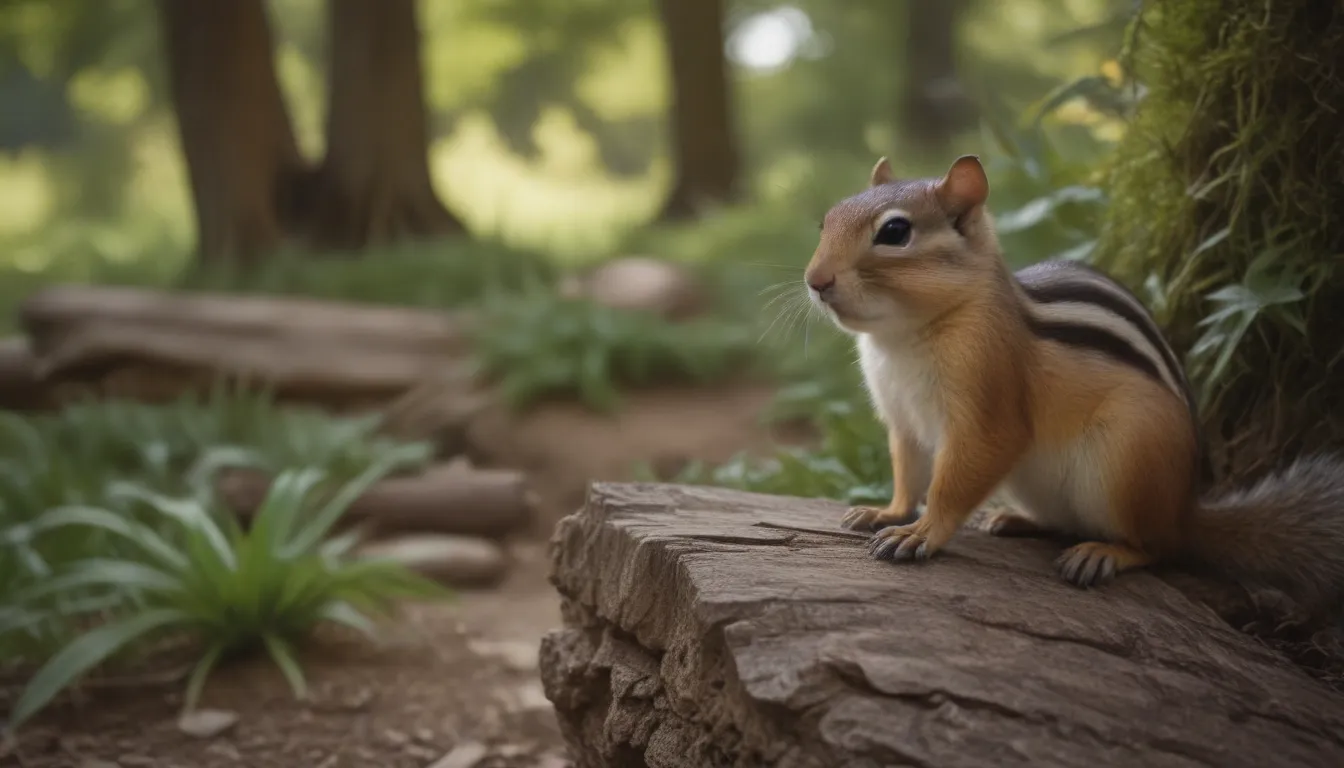
Chipmunks may be adorable creatures, but they can quickly become a nuisance in your yard and gardens if left unchecked. Not only do they feast on cultivated fruits, nuts, and flower bulbs, but they also dig tunnels that can impact your hardscape and create potential hazards in your outdoor space. In addition, chipmunks, like other rodents, can carry diseases that pose a risk to humans. So, if you’re looking to keep these furry pests at bay, you’ve come to the right place. Let’s dive into some practical strategies on how to keep chipmunks out of your garden for good.
What Do Chipmunks Look Like?
Before we delve into ways to deter chipmunks from invading your garden, let’s take a closer look at these tiny critters. Chipmunks are the smallest members of the squirrel family, but they are easily distinguishable from their larger relatives. While squirrels are typically larger in size, have long bushy tails, and come in shades of brown or gray, chipmunks have dark, vertical stripes on their backs and around their eyes. Their tails are shorter, flatter, and more brush-like in appearance. The Eastern Chipmunk, measuring 5 to 7 inches in length, is the most common species found in the eastern half of the United States.
Signs Your Garden Is Overrun With Chipmunks
If you’ve noticed holes scattered throughout your yard, there’s a good chance chipmunks have taken up residence in your outdoor space. Surprisingly, just two or three chipmunks can cause significant damage, with their numbers multiplying rapidly if left unchecked. Look out for signs like multiple entrance holes to burrows and an increase in holes appearing around trees, stumps, retaining walls, patios, and building foundations. If you suspect chipmunks are wreaking havoc in your garden, it’s time to take action.
10 Effective Strategies to Keep Chipmunks Away
Once chipmunks have made themselves at home in your garden, it can be challenging to remove them using humane methods. However, with the right preventative measures in place, you can effectively deter these critters from causing further damage. Here are ten strategies to help you keep chipmunks out of your garden:
Use Gravel to Fill Holes and Create Barriers
- Fill chipmunk holes with 1/4 inch gravel to inhibit digging.
- Check regularly for freshly dug holes and refill them promptly.
- Border outdoor sheds with gravel to discourage tunneling.
Limit Food Sources
- Place bird feeders at least 30 feet away from buildings.
- Use seed varieties that are less appealing to chipmunks.
- Plant bulbs and flowers that chipmunks are less likely to eat.
Use Hardware Cloth and Bird Netting
- Cage bulbs and flowerbeds with 1/4-inch hardware cloth.
- Wrap bird netting around wire cages to protect crops.
- Bury netting six inches deep to prevent digging underneath.
Add Scent and Taste Deterrents
- Sprinkle cayenne pepper or garlic on food sources.
- Use cider vinegar or peppermint oil to deter chipmunks.
- Scatter coffee grounds in areas you want to keep them away from.
Apply Commercial Products
- Use squirrel repellents with predator urine.
- Sprinkle blood meal around plants to ward off chipmunks.
Install an Ultrasonic Device
- Use motion-activated lights or sound devices to scare off chipmunks.
- Consider solar-powered options for convenience.
- Rotate usage to prevent chipmunks from adapting.
Encourage Predators
- Attract natural predators like hawks, owls, and foxes to your yard.
- Domestic cats can also help keep chipmunk populations in check.
Eliminate Potential Cover
- Remove rock piles, wood piles, and dense vegetation.
- Keep grass and weeds trimmed to reduce hiding spots.
- Maintain open green spaces between your property and adjacent woodlands.
Trap and Release (with Caution)
- Use live traps to relocate chipmunks.
- Be mindful of trapping in the fall to avoid disrupting their food stash.
- Move chipmunks at least two miles away to prevent return.
Seek Professional Help When Necessary
- Contact wildlife removal services for severe infestations.
- Professional help may be needed if chipmunks have entered your home.
What Attracts Chipmunks to Your Garden?
Chipmunks are drawn to areas with abundant food sources and shelter from predators. Forested areas, shrublands, woodlands, and urban or suburban spaces that offer these amenities are prime habitat for chipmunks. To keep these critters out of your garden, it’s crucial to minimize factors that attract them in the first place.
How to Get Rid of Chipmunks Permanently
While deterring chipmunks from your yard and gardens will require ongoing efforts, taking proactive measures to prevent them from settling in is key to long-term success. Whether through landscaping adjustments, scent deterrents, or predator encouragement, maintaining a chipmunk-free environment is achievable with dedication and persistence.
When to Call a Professional
If chipmunks have infiltrated your home or caused significant damage to your property, seeking professional assistance may be necessary. Professional wildlife removal services can safely handle chipmunks and address any structural issues they may have caused. Don’t hesitate to contact experts if you’re facing a sizable chipmunk problem.
In conclusion, keeping chipmunks out of your garden involves a combination of preventive measures, habitat modifications, and deterrent tactics. By implementing the strategies outlined in this guide, you can protect your yard and gardens from chipmunk invasions and enjoy a beautiful, critter-free outdoor space. Remember, persistence is key, and with patience and perseverance, you can successfully keep chipmunks at bay. Happy gardening!
